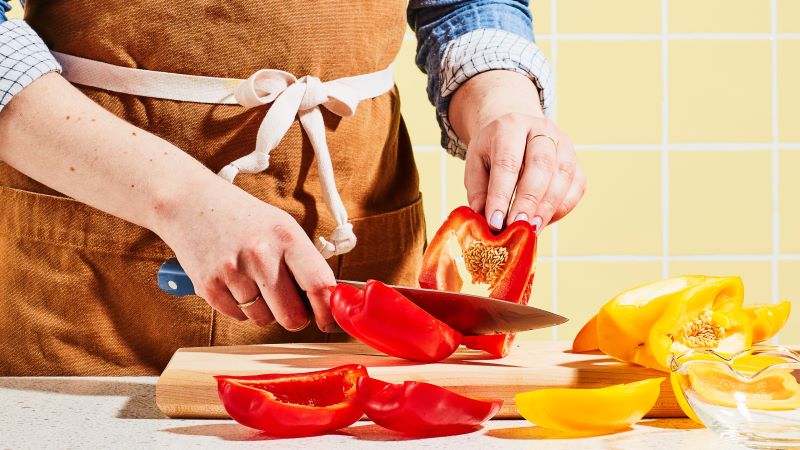I saw blood in the kitchen.
My grandmother (奶奶) had cut her finger while julienning vegetables.
As a child, I couldn’t believe how it was possible.
I had seen my grandfather (爷爷/爺爺) finely dice vegetables with alacrity as he prepared stir-fried dishes for his hungry grandson.
Never once did I see him cut himself.
When I grew up, my grandfather had already retired from being a chef, but he never retired his cooking skills.
My grandfather’s cutting abilities were as sharp as the knives he used to prepare food.
It was then that I first realized the value of developing a skill as a means to protect yourself as well as benefit others.
Because of the depth of his skills, he avoided harming himself in the kitchen and was able to prepare delicious meals for everyone in our family.
From deep practice, you can develop a skill that never leaves you. One that follows you like a shadow.
I never became a chef like my grandfather, but his culinary skills gave me insights into the nature of practice that led me to earn a black belt in Matsubayashi-Ryū, a style of Okinawan karate, after several long years of training.
It also set me on the path of developing the mental dexterity needed for meditation.
I’m sure that my grandfather bloodied his hands many years before he became the head chef of one of the most popular Chinese restaurants in the 1960s in Los Angeles, California.
I awakened to the reality of actual blood in my own martial arts training too, but ultimately learned valuable self-defense skills over time.
I came to accept that injuries—both physical and mental—were an inevitable part of the skill-development process.
This mindset isn’t easy to embrace, which is why I continue to operate with a dull knife in some aspects of my life.
But I know that—contrary to what some people believe—sharp knives truly are safer knives.
You just need to know how to use them properly.


